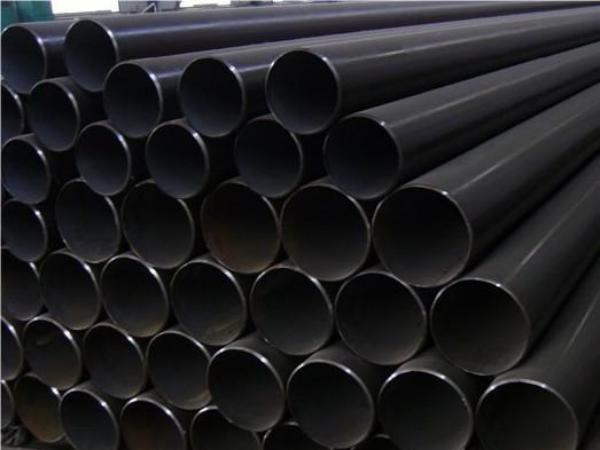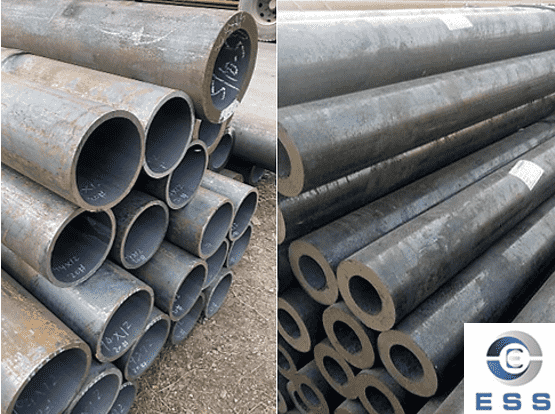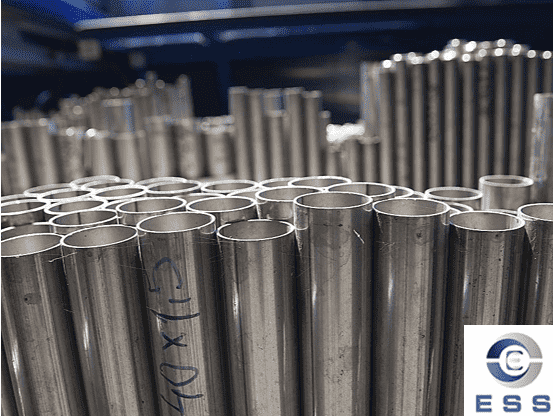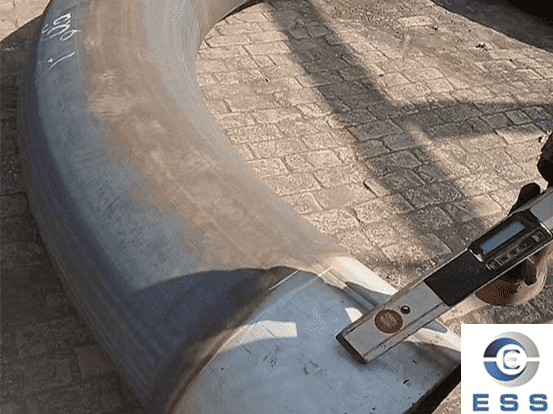The Advantages of Using Eelectric Resistance Welded Tubes in The Automotive Industry
The automotive industry is one of the most important industries in the world, providing transportation to millions of people every day. The manufacturing process of vehicles requires advanced technology and equipment to produce high-quality and reliable products. One of the most critical components of vehicles is the tubing system, which is responsible for transporting fluids and gases. In recent years, electric resistance welded (ERW) tubes have become increasingly popular in the automotive industry due to their many benefits, including cost-effectiveness, strength, and versatility.
In this comprehensive guide, we will explore the use of ERW tubes in the automotive industry, including their properties, applications, and best practices for installation and maintenance.

ERW pipes for the automotive industry
What are Electric Resistance Welded Tubes?
ERW tubes are tubes that are formed by rolling a strip of steel through a series of rollers to form a tube shape. The edges of the strip are then heated to a high temperature and pressed together to form a weld. The welded seam is then cooled and treated to increase its strength and durability. ERW tubes are commonly used in a wide range of applications, including automotive, construction, and electrical industries.
Properties of Electric Resistance Welded Tubes
ERW tubes have several properties that make them ideal for use in the automotive industry. These include:
1.Cost-Effective: ERW tubes are more cost-effective than other types of tubes, such as seamless tubes or welded tubes. This is because they are produced using a simpler manufacturing process, which results in lower production costs.
2.Strength: ERW tubes are strong and durable, making them ideal for use in the automotive industry. They have a uniform wall thickness, which makes them less prone to leaks and failures.
3.Versatility: ERW tubes can be used for a wide range of applications in the automotive industry, including fuel lines, brake lines, and hydraulic systems.
4.Corrosion Resistance: ERW tubes are highly resistant to corrosion, which is important in the automotive industry where tubes are exposed to a wide range of environmental conditions.
Applications of Electric Resistance Welded Tubes in the Automotive Industry
ERW tubes are used in a wide range of applications in the automotive industry, including:
1.Fuel Lines: ERW tubes are commonly used for fuel lines in vehicles. They are highly resistant to corrosion and can withstand high temperatures and pressures.
2.Brake Lines: ERW tubes are also used for brake lines in vehicles. They have a uniform wall thickness, which makes them less prone to failures and leaks.
3.Hydraulic Systems: ERW tubes are used for hydraulic systems in vehicles, such as power steering and suspension systems.
4.Structural Applications: ERW tubes are used for structural applications in vehicles, such as roll cages and chassis frames.
Best Practices for Installation and Maintenance of Electric Resistance Welded Tubes
Proper installation and maintenance of ERW tubes are critical to ensure their long service life and reliability. Here are some best practices for installation and maintenance of ERW tubes:
1.Proper handling: ERW tubes should be handled carefully during transportation and storage to avoid damage to the tube's surface or ends.
2.Inspection: Tubes should be inspected before installation to ensure that they are free from defects or damage.
3.Installation: Tubes should be installed according to the manufacturer's recommendations, including proper support and fastening methods.
4.Welding: Welding should be done carefully to avoid damaging the tube's surface or affecting its properties.
5.Maintenance: Tubes should be regularly inspected and maintained to ensure their long service life. This includes cleaning, corrosion protection, and repair or replacement of damaged tubes.
Conclusion
ERW tubes are an essential component of the automotive industry, providing the strength, corrosion resistance, and durability needed to transport fluids and gases within vehicles. Proper handling, installation, and maintenance are critical to ensure the reliability and long service life of ERW tubes in vehicles. By following best practices for installation and maintenance, automotive manufacturers can ensure the safety and efficiency of their tubing systems.













 Eastern Steel Manufacturing Co.,Ltd not only improve product production and sales services, but also provide additional value-added services. As long as you need, we can complete your specific needs together.
Eastern Steel Manufacturing Co.,Ltd not only improve product production and sales services, but also provide additional value-added services. As long as you need, we can complete your specific needs together.










